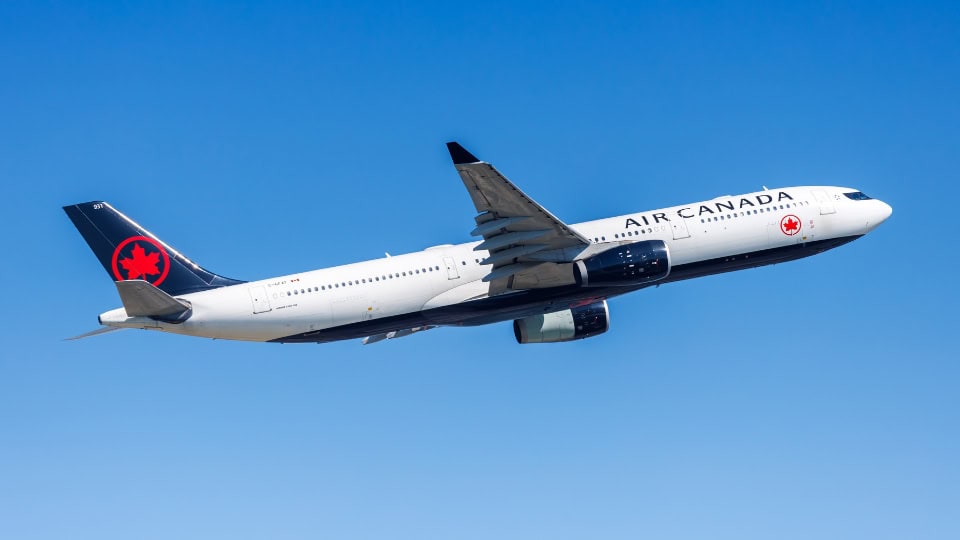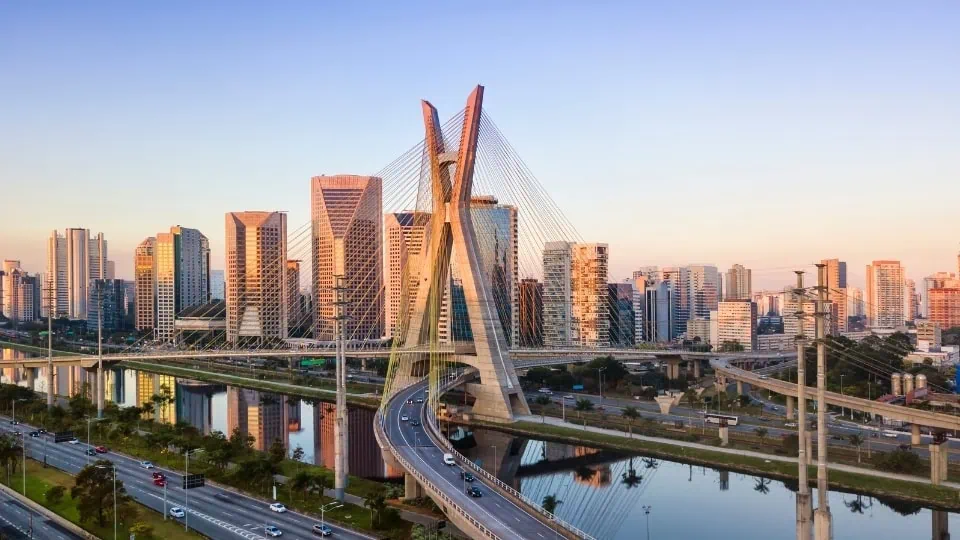Corporate travel is a world of precision. Executives cannot afford missed connections, poorly timed flights, or a lack of flexibility when plans change overnight. In this article, you will learn how flight booking works in the corporate context, why strategy matters when sending teams to Brazil, and how to leverage bulk flight options, loyalty programs, and professional concierge services to maximize value and reliability.
Business travel isn’t about flying business class – it’s about going out to do business.
- Business efficiency – Meetings cannot be missed due to tight schedules.
- Employee wellbeing – Comfortable business class or premium economy flights reduce fatigue.
- Cost control – Companies often book in bulk, seeking negotiated fares.
- Risk management – Delays, cancellations, or visa issues must be anticipated.

Well-managed flight booking is therefore not just logistics – it is an investment in corporate success.
- From the US: Miami, New York, Houston, and Atlanta offer multiple daily flights to São Paulo and Rio.
- From the UK: London Heathrow is the main hub, with British Airways and LATAM as primary carriers.
- One-stop alternatives: Lisbon, Madrid, and Paris are common connecting points when nonstop options are not available.
Brazil’s Travel & Tourism sector is forecast to surpass US$167 billion in GDP contribution by 2025, supporting over 8 million jobs.
For decision makers, such data helps determine whether bulk bookings should prioritize nonstop flights or accept one-stop itineraries for cost efficiency.
- Cost savings – Negotiated group rates reduce per-seat expenses.
- Flexibility – Group contracts often allow for name changes and last-minute adjustments.
- Consistency – Teams travel together, simplifying transfers and ground logistics.
- Dedicated support – Airlines and agencies provide priority handling for corporate groups.
Bulk booking is especially valuable for conferences in São Paulo, incentive trips to Rio, or multinational board meetings hosted in Brasília.
Closing thought: a well-negotiated bulk booking is not just about price – it ensures predictability and professionalism when your company’s image is on display.
- Cabin class policies: Many corporations authorize business class for flights longer than 7 hours.
- Preferred carriers: Partnerships with airlines like American Airlines, Delta, or British Airways often yield benefits.
- Data tracking: Consolidating bookings under a single platform simplifies expense reporting.

Companies should regularly reassess global travel strategies to balance cost, risk, and employee needs.
Ultimately, a clear travel policy protects both the company’s budget and the traveler’s comfort.
- Centralized booking across offices in the US, UK, and Brazil.
- 24-hour assistance for delays or re-routing.
- Preferred rates through global airline partnerships.
- Integrated reporting for cost and carbon tracking.
Closing transition: Whether working with a TMC or an in-house travel desk, the goal is the same – efficiency, transparency, and traveler satisfaction.
One of the most frequently asked questions is: When should a company book flights to Brazil for the best combination of availability and price? The answer depends on the type of travel.
- Business meetings and trade fairs: Book at least 90 days in advance to secure premium cabin availability.
- Conferences with bulk travel: Negotiate group contracts 6 to 9 months before departure.
- Last-minute executive travel: Use corporate accounts with flexible fare structures, accepting higher base costs for guaranteed seats
Data from Amex GBT (2024) suggests that booking international business class flights 60-90 days out saves corporations an average of 18% compared to last-minute purchases.


